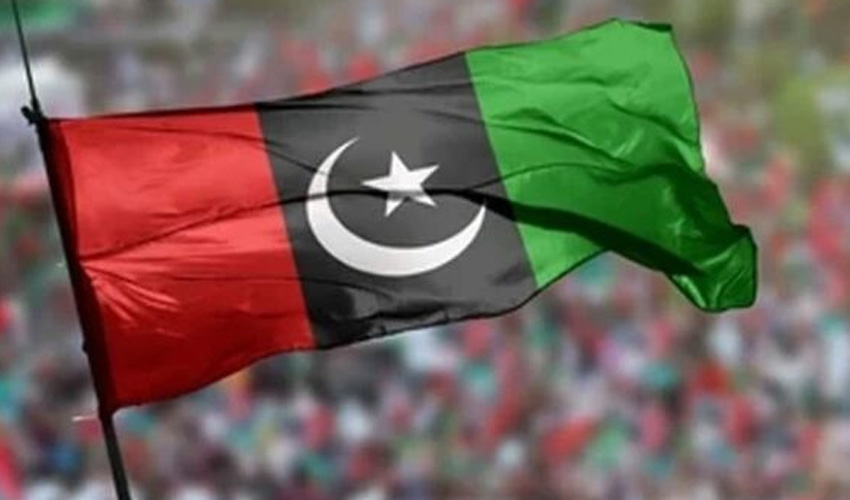Inflation in Pakistan is projected to decline significantly, with an estimated rate of 2 to 2.5% for the month, according to a report by Topline Securities.
The report suggests that the average inflation rate from July to February in the current fiscal year will fall to 6%, marking the lowest level in a decade. In contrast, during the same period in the 2023-24 fiscal year, the inflation rate stood at 27.96%.
Decline in food inflation
The report highlights that food inflation is expected to decrease by 0.4% in February, mainly due to a significant drop in vegetable prices. The prices of tomatoes have declined by 55%, onions by 27%, and potatoes by 21%. However, the prices of fresh fruits and sugar are expected to increase by 9% to 15%.
Changes in fuel and utility prices
The report also notes fluctuations in fuel and energy prices:
- Petrol and diesel prices increased by 2 to 4%.
- LPG prices dropped by 8%.
- Electricity prices saw a minor 0.5% decrease.
- Housing, water, electricity, and gas rates are expected to decline by 0.2% per month.
- Transport fares may increase by 1.2% monthly.
Interest rate outlook
According to Topline Securities CEO Muhammad Sohail, the declining inflation rate creates room for a further reduction of 100 basis points in interest rates. He noted that real interest rates are expected to range between 950 to 1000 basis points by February 2025, significantly higher than Pakistan’s historical average of 200-300 basis points.
For FY2026, inflation is estimated to remain between 8 to 9%, maintaining a positive real interest rate of 300-400 basis points. The State Bank of Pakistan (SBP) is expected to halt further interest rate cuts by the first half of 2026, with decisions influenced by the upcoming IMF review and the 2026 budget.
Global impact on inflation
While domestic inflation is on a downward trend, global commodity price fluctuations remain a key concern. Oil prices are projected to rise above $75 per barrel, which could impact inflation in Pakistan.
Previously, the State Bank of Pakistan estimated inflation at 11.5 to 13.5% for 2025, but it has now revised its forecast to 5 to 7%. Similarly, the IMF has adjusted its inflation estimate for 2025 from 12.7% to 9.5%.
With inflation at its lowest in a decade, Pakistan’s economy is witnessing positive signs, but experts caution that global market shifts and policy decisions will play a crucial role in shaping future economic stability.



























